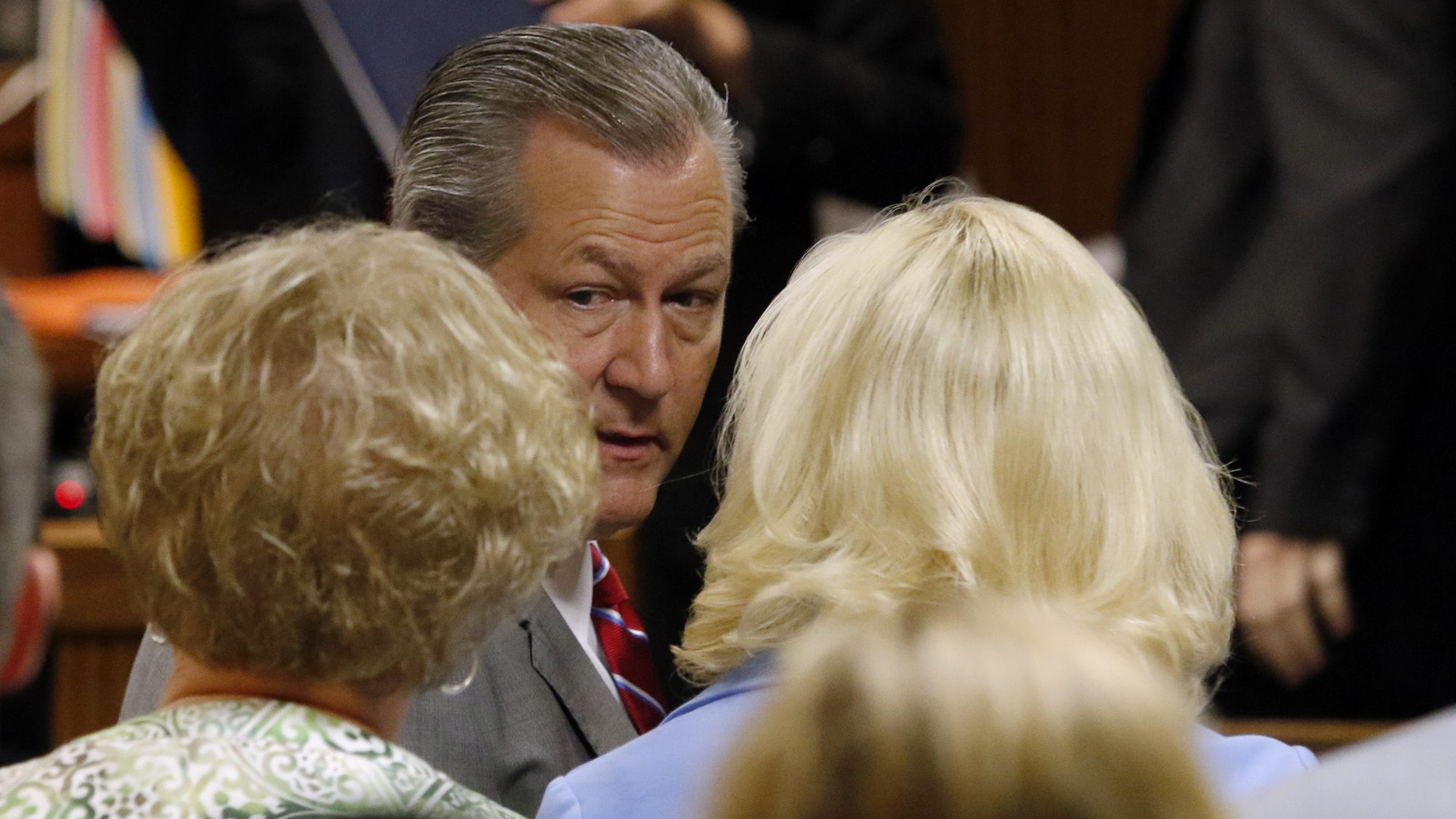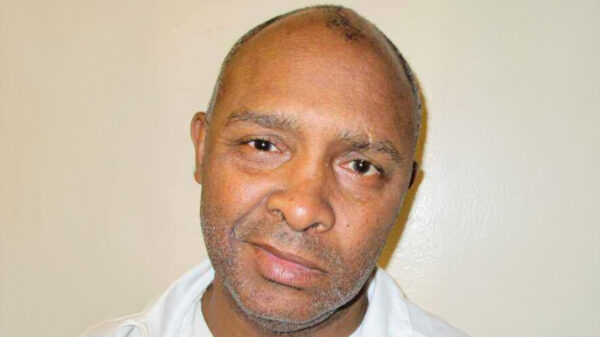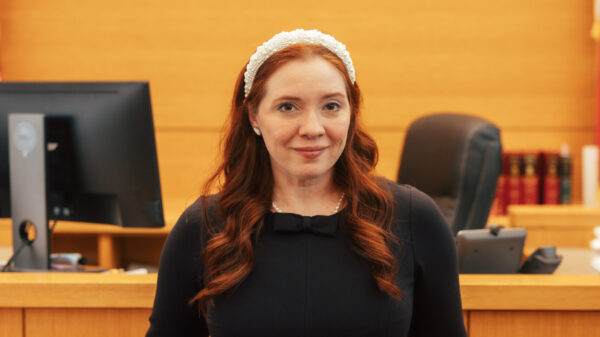The most worthless oral arguments in legal history will occur Tuesday in front of the Alabama Supreme Court.
That’s when attorneys representing former Alabama House Speaker Mike Hubbard will once again argue that he didn’t break the law because the laws were wrong. And the state will once again point out that Hubbard’s the one who helped write and pass those laws, and that he certainly acted like a man who knew he was breaking them when he repeatedly used his public office for personal gain.
They are the same arguments heard by a jury in Lee County nearly three years ago now. That jury convicted him of 12 felonies.
They are the same arguments heard by the Alabama Court of Criminal Appeals. That court upheld 11 of those 12 felony convictions.
They are the same arguments contained within the court filings submitted to the Alabama Supreme Court.
The outcome should also be the same: Mike Hubbard should go to prison.
However, because of the high court’s tendency to rule based less on legal precedent and more on political partisanship, there is widespread concern throughout the state’s legal community over the case.
On one hand, many attorneys and prosecutors see the court’s decision to hear oral arguments — and to even take up the case at all — as merely a formality. A way to leave no doubt that the state’s legal system adequately weighed all sides in this case and issued a legally sound ruling.
On the other hand, those same lawyers have experienced the unprecedented legal decisions and unsupported opinions, which usually cater to the Republican power brokers in Alabama, that have flowed far too often from the ALSC.
Add to that the political pressure that surrounds this case — lawmakers have been attempting to change the ethics laws every day since Hubbard was convicted, all the while proclaiming that they’re just too doggone confusing — and you have the potential for a real mess.
But just so ordinary folks don’t fall into the trap of believing that it’s possible that poor ol’ Mike was just trying to do his job and provide for his family and got tripped up by a poorly written law with unintended consequences, let’s go back over a few details.
First, Mike Hubbard absolutely, 100 percent, without a doubt in this world knew that what he was doing was wrong.
You can tell by the way he tried to cover his tracks. You can tell by the language he used in emails. You can tell by the way he tried to conceal his improper business relationships from those around him.
But mostly you can tell by common sense.
Here was a man with a communications degree, who owned a printing company and a radio station, and he was being paid $5,000 per month to consult a pharmaceutical outfit, American Pharmaceutical Cooperative Inc.
What sort of consulting did APCI get? Well, none.
Instead, it got the Alabama Speaker inserting language into the state’s general fund budget that would have provided APCI with an untouchable monopoly.
That, kids, is illegal.
Hubbard’s closest advisers knew it was illegal, and they warned Hubbard not to vote on the budget — to at least give the appearance that the law mattered. But Hubbard didn’t follow their advice.
Why? Because he knew doing so would look odd. And people would start asking questions. And eventually, some nosy reporter or prosecutor might eventually stumble upon the 12 words he inserted in the budget.
Those are the actions of a crook.
And Hubbard didn’t stop there. He also hit up principals at companies that lobbied the Legislature for personal loans — an obvious violation of the ethics laws.
He used his standing as speaker to arrange meetings with elected officials, like the governor, and then pitch them on companies he was being paid to help.
Hubbard, the radio guy, had lucrative consulting contracts — which paid him more than $2 million — with a company that manufactured plastic cups and with a company that sells online education classes.
Because Mike Hubbard was for sale. And by extension, so was Alabama’s government. He should go to prison and pay for his political sins.
Whether he will is another matter altogether.
Because since his conviction, a number of very powerful, very wealthy businessmen in this state have come to realize that they too could be caught up in a Hubbard-like mess. If they were to “loan” their close pal, who happens to be an elected official, a few thousand or so, why, they could be deemed a “principal” and slapped in jail.
And if you eliminated those transactions — and all the others in which an elected lawmaker benefits financially from his or her relationships with various business owners, CEOs, executives and lobbyists — well, how would the rich people in this state ever manage to get an unfair advantage again?
In truth, this case isn’t a hard one. Twelve regular folks from Lee County figured out pretty easily what the law was, that Hubbard broke it and that he should be punished for it.
Unfortunately, we don’t have 12 regular folks with common sense and good intentions to ultimately decide this thing. We’ve got the Alabama Supreme Court.
God help us.




















































